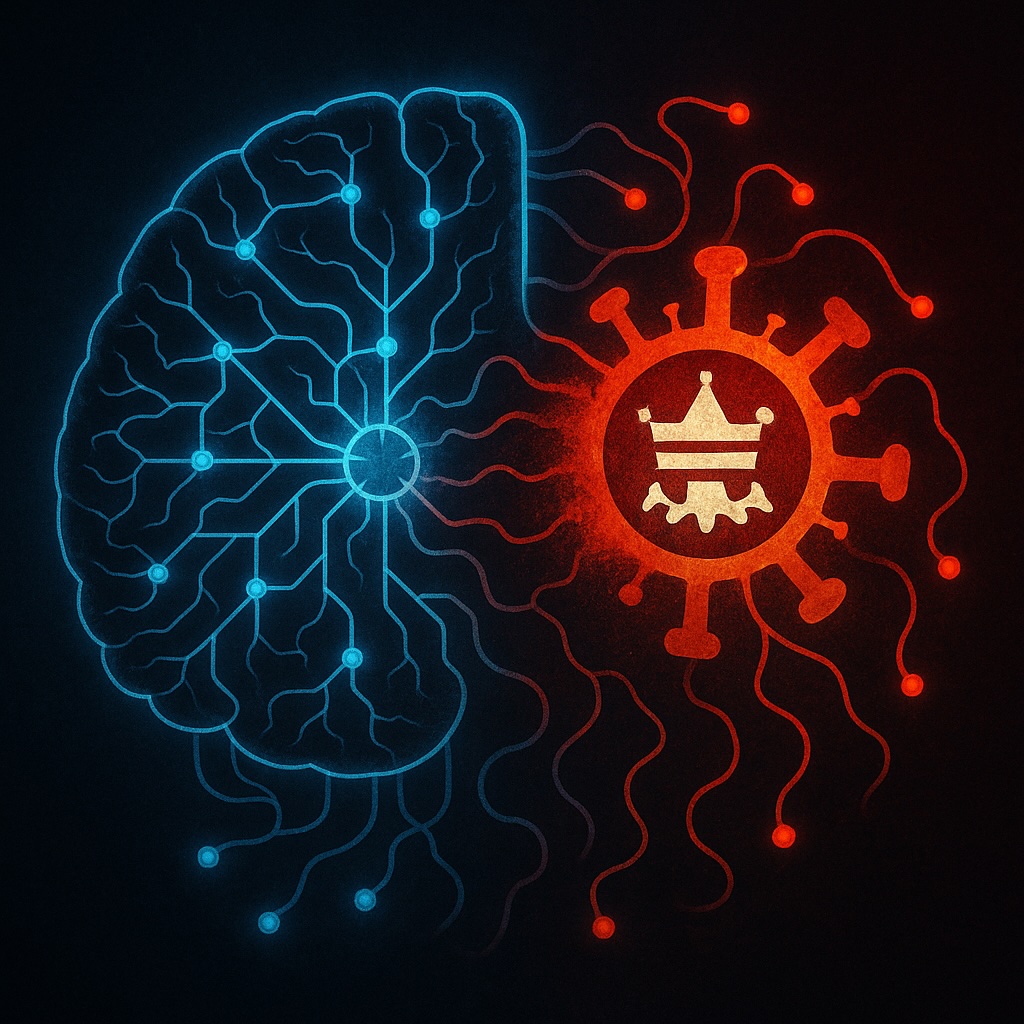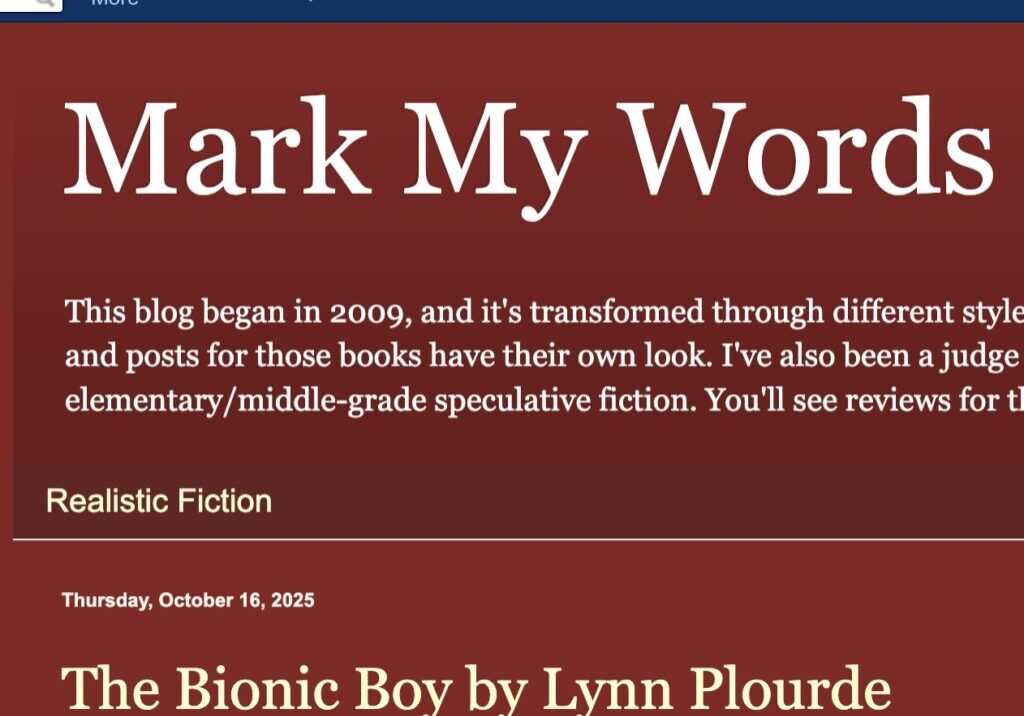That Didn’t Take Long! May 18, 2025 / Ari Magnusson
In my last post, I noted my concern with the risk of AI politicization, specifically around the intentional directing of chatbots to be biased, ideological, or to push misinformation. Yesterday, many news sources reported that xAI’s chatbot, Grok, had been programmed to spread misinformation about white genocide in South Africa. It turned out that someone had inserted a system prompt—a specific instruction given to a chatbot on how to respond to users—to spread this misinformation. However, the system prompt contained a bug that made Grok share this misinformation for ALL requests, resulting in hilariously bizarre answers to questions having nothing to do with South Africa.
Further tests revealed that Grok had also been instructed to spread misinformation related to the Holocaust. This follows yet another incident in which Grok had been instructed to stop saying that Elon Musk and Donald Trump are top spreaders of misinformation. When asked who might have provided all these system prompts, Grok pointed to Musk.
These incidents indicate the need for at least two levels of verification for chatbots to ensure they haven’t been programmed to generate results containing misinformation, bias, conspiracy theories, or other slanted views. The first is to have third-party verification that the owner of the chatbot has appropriate controls in place to prevent these types of changes (xAI obviously fails this test). The second is a way to verify whether a chatbot has been compromised—i.e., by having the chatbot analyze and disclose any of its own system prompts that would result in misinformation or bias. The test, of course, would have to be foolproof so the chatbot could not cheat, a la VW’s dieselgate, in which the company programmed their cars to use pollution controls when being tested, but to bypass those controls during regular driving.
One possible upside of these incidents is that they allay my fears of AI ever becoming too powerful or posing an existential threat to humanity. AI has the power to separate fact from fiction to reveal unbiased truth. That unbiased truth poses a threat to those who peddle in misinformation or whose worldviews are based on ideologies or religions which by definition are an alternative to truth. As long as those in power adhere to worldviews that are threatened by truth, they will prevent AI from ever exceeding the limited thinking of humans.

Subscribe
To subscribe to the posts, please enter your email address.



